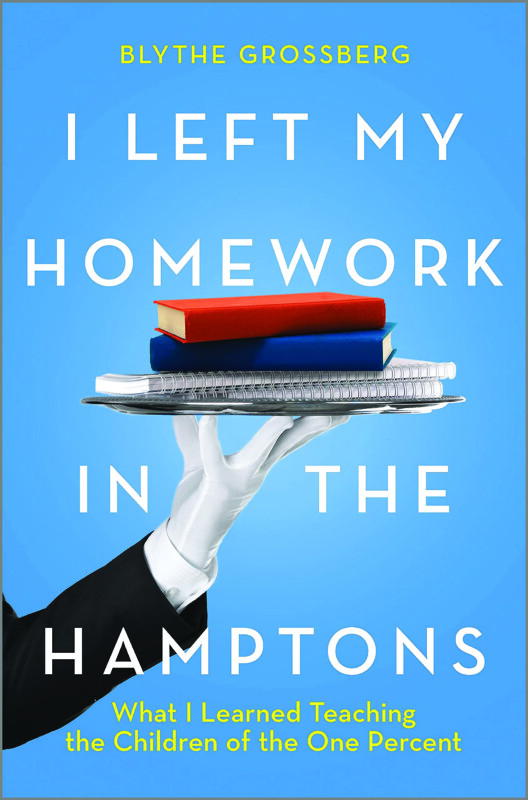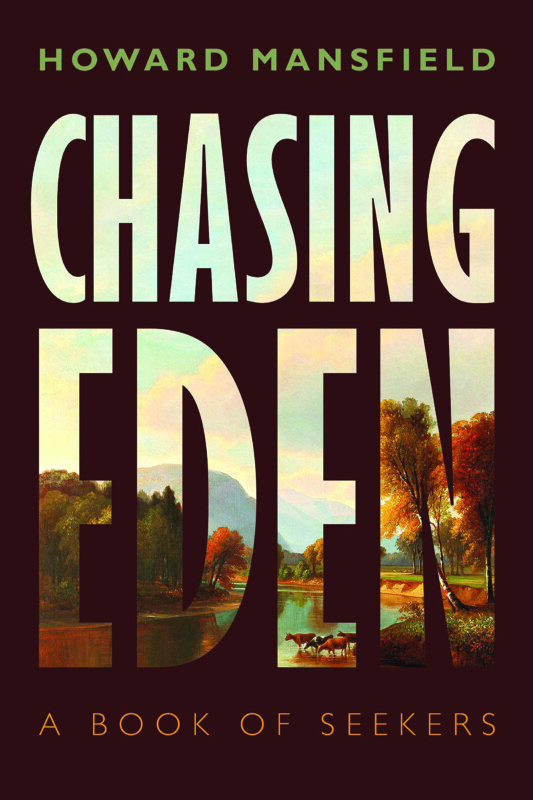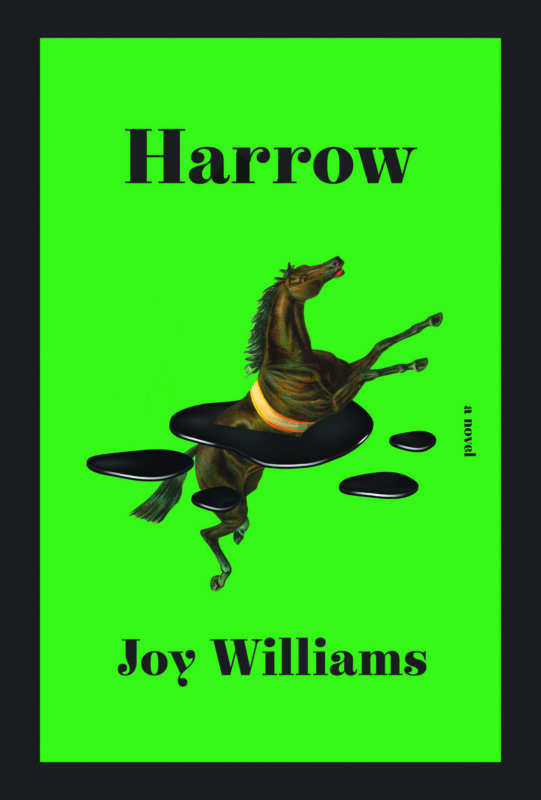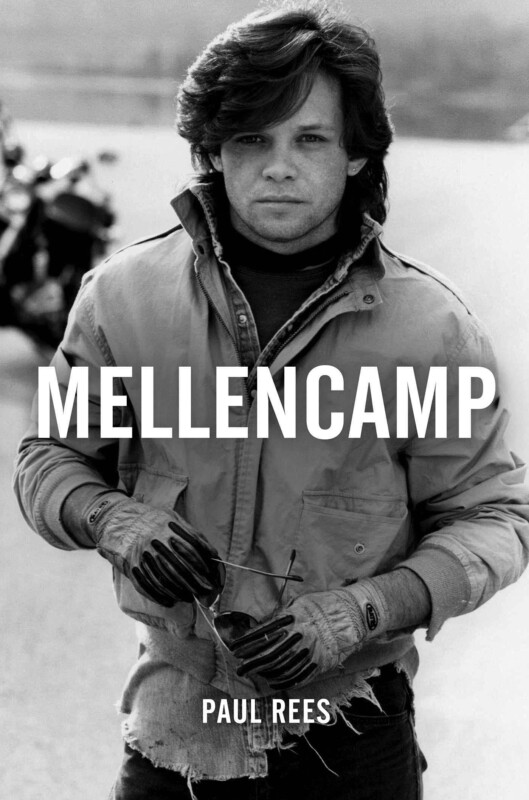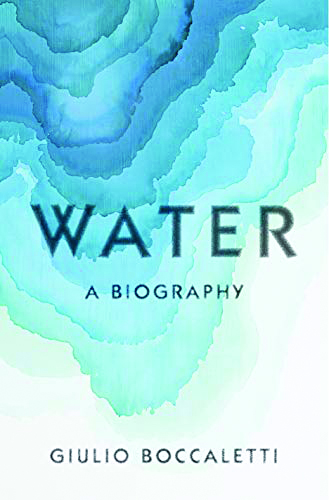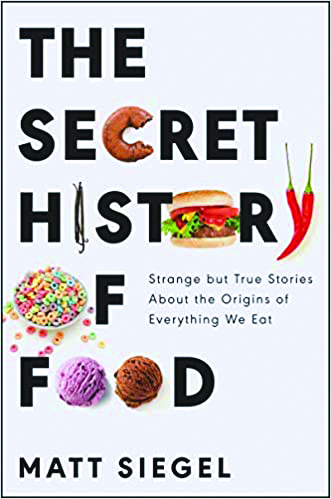I Left My Homework in the Hamptons, by Blythe Grossberg (Hanover Square Press, 290 pages)
Earlier this year Netflix released a documentary on the college admissions scandal that was dubbed Operation Varsity Blues. If there were to be a prequel, it could be based on I Left My Homework in the Hamptons, a memoir that reveals the lengths to which the wealthy go to ensure that their children do well in high school.
Massachusetts native Blythe Grossberg is a learning specialist who spent nearly 20 years tutoring “the children of the one percent” in New York City, all the while tucking away unflattering anecdotes about her clients and their offspring. It is, in many ways, a story of “poor little rich kids.” Grossberg is sympathetic to the teens, not so much to their parents, some of whom seem to view children as a sort of designer accessory.
Grossberg, who now runs a tutoring company based in Boston, made up names and changed identifying details to create composite characters for the memoir. That seems justified for ethical reasons, if not legal ones, but it does drain the book of some of its power, knowing that Lily, Alex and Trevor, some of the students featured in the book, don’t actually exist, at least not exactly how they are depicted.
That said, maybe that’s a good thing.
Alex, for example, is among the teens portrayed here whose parents play a minimal role in his life. Their job is to make money and hire the tutors, drivers and housekeepers.
For much of the year Alex’s driver picks him up in a black Cadillac Escalade so he can play tennis before and after school. Practice doesn’t end until 7, and then his tutors (plural) await. “He spends far more time with his driver than with his parents, who often don’t come home until long after I’ve tutored Alex in writing,” Grossberg writes.
In addition to Grossberg, the teen has a Yale-educated tutor for math and science, and another tutor, who charges $800 an hour, to prepare him for the SAT. He also has a team of psychiatrists who help with his anxiety.
Although his days are packed with activities, there’s plenty that Alex doesn’t have to do. He doesn’t do homework on his own; that’s saved for tutoring time. His meals are prepared, his clothes washed and put away, his room cleaned, all by others.
Grossberg sees another of her students, Lily, a high school freshman, in between squash lessons and personal training, to which she is driven by the family’s housekeeper. There are few family dinners; in fact, there is no time for dinner at all — Lily eats sushi while she is tutored.
Grossberg works with 16-year-old Ben in the business center of the fancy hotel where he lives. “His parents live in a room nearby with a younger brother, but they are never home.” He eats mostly room service, his favorite a $27 burger on a ciabatta roll. “Bereft of parental supervision, Ben spends his days shuttling between his allergist and therapist and ordering room service. He often goes to school without the proper clothes because his parents forget to go shopping for him.”
While Grossberg at times works to defend the parents as hard-working and well-meaning, they don’t come off well in this book. They complain when she can’t come on the evening they request, or when their children receive Bs. When a grade is not to their liking, it’s either the teacher’s fault (the child is “a bit politically conservative” for this school) or Grossberg’s. Incredibly, some have to be dunned to pay Grossberg’s invoices, sometimes because an accounting firm handles all the family’s expenses.
Grossberg calls the teens “Gatsby’s children” and says they are the spiritual heirs of Fitzgeralds’s hero, who lived in luxury on Long Island. The Great Gatsby, of course, is required reading for most American high school students, and Grossberg’s charges read about Jay Gatsby and his friends with little self-awareness. In fact, they have little awareness of the world outside their world; as do their parents, who are incredulous when Grossberg tells them that she is not summering in the Hamptons. (Does anyone not in the 1 percent use “summer” as a verb?)
Essentially, this is a book not just about tutoring but about the outsourcing of parenting that can occur when enough disposable income is present. One night Grossberg had just gotten home to her family when a student’s mother called and asked if she would speak with her daughter, who was upset about a grade. Grossberg says she could tell from the background noise that the mother was at a restaurant. She called Sophie, who had gotten a B- on a test and was sobbing. She ranted for a while and then announced she had to go study for another test. “I realized she just needed to talk and her mother outsourced it to me,” Grossberg writes.
The same mother later appears in the book when her husband is under investigation for financial wrongdoing and is pictured on the front page of The New York Times. On Grossberg’s next visit, she worries about what to say, but needn’t have: The mother launches into a discussion about her unhappiness with the B+ her daughter has just received.
And on it goes, a car accident in book form that you can’t stop ogling even though you know this is all none of your business, not what’s going on in these children’s lives, nor in their parents’, nor in Grossberg’s. And here’s the thing: While Grossberg is sternly opposed to the lives that Gatsby’s children are leading and makes clear that neglect is one of the parents’ sins, she is collecting all these anecdotes by working long hours after her own teaching job, leaving her young son in the care of babysitters for six days a week. The circumstances are much different, and Grossberg repeatedly compares her impoverished lifestyle, replete with holes in her shoes, with those of her clients. And yet, on some level, both the rich and the (relatively) poor commit the same parenting sin.
Grossberg, the daughter of lawyers and married to an Ivy-League educated magazine editor, makes clear that she needs the money she earns tutoring, but she also lives in one of the most expensive cities in the U.S. I found myself wondering why the couple didn’t just move somewhere cheaper, and devote more time to her son.
Ultimately she does move, back to Massachusetts, although by then her son is a teenager. She’s now president of a tutoring company that, from the looks of the website, still caters to the 1 percent. The poor we will always have with us, Jesus of Nazareth said, to which we can add, and they’ll do their homework by themselves. The rich will have help, and it makes for entertaining reading. As for the writing, people probably won’t hire Grossberg based on this book. B-
Book Notes
With William Shatner having formally gone to space the dawn of space tourism is officially here, and the publishing industry was ready for launch.
The most promising read for the general public is Christian Davenport’s The Space Barons: Elon Musk, Jeff Bezos and the Quest to Colonize the Cosmos (PublicAffairs, 320 pages), but it’s three years old, making it practically ancient history in a rapidly changing field. Similarly, Rocket Billionaires: Elon Musk, Jeff Bezos and the New Space Raceby Tim Fernholz (Mariner, 304 pages) was published in 2018.
More recently, there are two choices. Liftoff by Eric Berger (William Morrow, 288 pages) is a narrower look at Musk and “the desperate early days that launched SpaceX.” There’s also Test Gods by Nicholas Schmidle (Henry Holt & Co., 352 pages) which looks at the third major player in space tourism, Richard Branson and his Virgin Galactic.
Shatner, meanwhile, might want to update his autobiographyUp Till Now (Thomas Dunne Books, 358 pages). From his remarks after his return to Earth, it sounds like the flight he made was life-changing, and the memoir was published in 2008. But even more remarkable than going into space at age 90 is the number of books Shatner has written, to include science fiction, multiple memoirs and even a book about horses, published in 2017, The Spirit of the Horse (Thomas Dunne Books, 304 pages). By some accounts Shatner has published 22 books even while continuing to work as an actor, a remarkable second act. It’s a safe bet that a 23rd is already in the works.
Meanwhile humorist David Sedaris has published Round 2 of his diaries. A Carnival of Snackery (Little, Brown and Co., 576 pages) spans the years from 2003 to 2020 and is a followup to 2017’s Theft By Finding, which covered 1977 to 2002. Sedaris already written about many of the events recounted here, but this promises to be an even more unvarnished look, the original material, so to speak
Book Events
Author events
• WENDY GORTON Author presents 50 Hikes with Kids: New England. Virtual event hosted by The Toadstool Bookshops of Peterborough, Nashua and Keene. Via Zoom. Sun., Oct. 24, 2 p.m. Visit toadbooks.com.
• RAVI SHANKAR Author presents Correctional. Virtual event hosted by Gibson’s Bookstore in Concord. Wed., Oct. 27, 7 p.m. Via Zoom. Registration required. Visit gibsonsbookstore.com or call 224-0562.
• CATHERYNNE M. VALENTE Author presents Comfort Me With Apples. Virtual event hosted by Gibson’s Bookstore in Concord. Fri., Oct. 29, 7 p.m. Via Zoom. Registration required. Visit gibsonsbookstore.com or call 224-0562.
• KEN FOLLETT Author presents Never. Virtual event with author discussion and audience Q&A, hosted by The Music Hall in Portsmouth. Sun., Nov. 14, 1 p.m. Tickets cost $36 and include a book for in-person pickup at The Music Hall. Visit themusichall.org or call 436-2400.
Poetry
• DOWN CELLAR POETRY SALON Poetry event series presented by the Poetry Society of New Hampshire. Monthly. First Sunday. Visit poetrysocietynh.wordpress.com.
• SLAM FREE OR DIE Series of open mic nights for poets and spoken-word artists. Stark Tavern, 500 N. Commercial St., Manchester. Weekly. Thursday, doors open and sign-ups beginning at 7 p.m., open mic at 8 p.m. The series also features several poetry slams every month. Events are open to all ages. Cover charge of $3 to $5 at the door, which can be paid with cash or by Venmo. Visit facebook.com/slamfreeordie, e-mail [email protected] or call 858-3286.
Book Clubs
• BOOKERY Online. Monthly. Third Thursday, 6 p.m. Bookstore based in Manchester. Visit bookerymht.com or call 836-6600.
• GIBSON’S BOOKSTORE Online, via Zoom. Monthly. First Monday, 5:30 p.m. Bookstore based in Concord. Visit gibsonsbookstore.com/gibsons-book-club-2020-2021 or call 224-0562.
• GOFFSTOWN PUBLIC LIBRARY 2 High St., Goffstown. Monthly. Third Wednesday, 1:30 p.m. Call 497-2102, email [email protected] or visit goffstownlibrary.com
• NASHUA PUBLIC LIBRARY Online. Monthly. Second Friday, 3 p.m. Call 589-4611, email [email protected] or visit nashualibrary.org.

